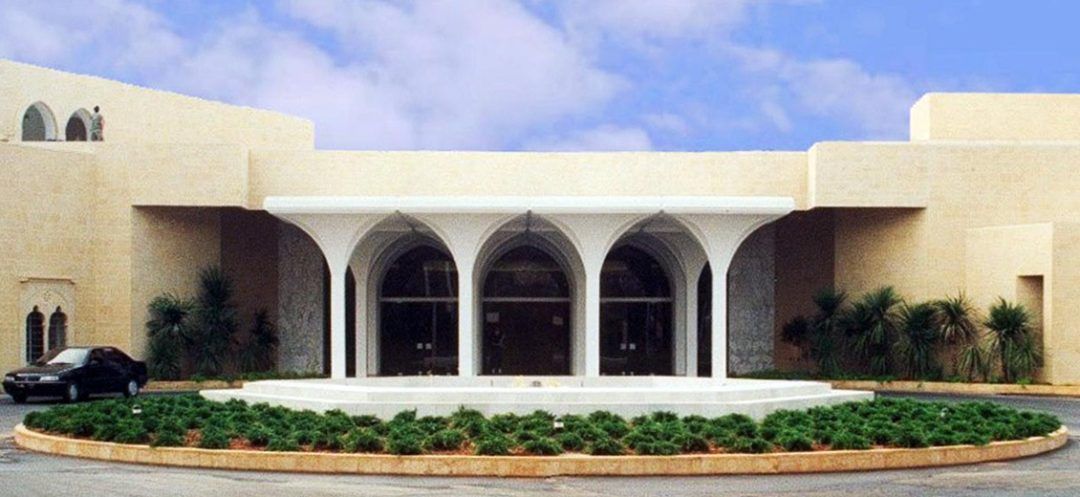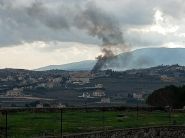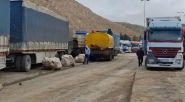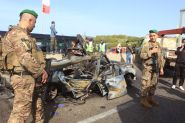
This discussion centers on the photograph featuring Parliament Speaker Nabih Berri, caretaker Prime Minister Najib Mikati, and Druze leader Walid Jumblatt. Their call for the election of a president overlooks Jumblatt's timeless question: A president to lead the Republic—but where to?
The decision to separate the presidential election from dialogue or consultations, along with the abandonment of contentious candidates, marks a significant step forward. However, had this shift occurred earlier, Lebanon could already have a president and a functioning government. As we move forward, it is crucial not to backtrack, especially considering caretaker Prime Minister Najib Mikati's recent remarks from Bkerke, calling for dialogue to discuss potential candidates. This risks a return to outdated proposals, indicating that certain political factions have learned nothing from Lebanon's ongoing crises. A genuine commitment to electing a president necessitates convening an open election session with full quorum, allowing for comprehensive discussions on the proposed candidates.
The concern extends beyond appearances; what truly matters is the substance that the future president and incoming government will provide. There are valid fears that the meeting in Ain al-Tineh could be a tactical ploy to secure a ceasefire, facilitating the election of a president and the formation of a government without addressing the core issues of the State’s absence and authority. Such an outcome might simply offer a lifeline to the warring factions, allowing them to evade their current crisis while underlying problems fester, potentially setting the stage for another conflict that the Lebanese people would ultimately pay for, dragging the country back into the Stone Age.
These leaders must recognize that establishing a State with the authority and sovereignty to make decisions in both war and peace is not a loss of influence for any sect; rather, it is a benefit for all Lebanese, especially those who view themselves as marginalized. A functional State would protect these individuals from further loss of life, bloodshed, and property, alleviate their suffering, and pave the way for stability and prosperity for the entire country.
The next president will play a crucial role in determining whether Lebanon continues to face isolation on both Arab and international fronts or embarks on a path toward renewed engagement from the region and beyond. This engagement is necessary, but it will not arise from compassion for Lebanon and its people; rather, it will depend on a commitment to presidential standards embodied by a leader who is not entangled in the issues that have led the country to its current predicament. Ongoing influence from those who have exacerbated Lebanon's crises will not facilitate reconstruction or provide the necessary support to overcome Lebanon’s enduring challenges, particularly the financial and economic turmoil.
Read more



Comments